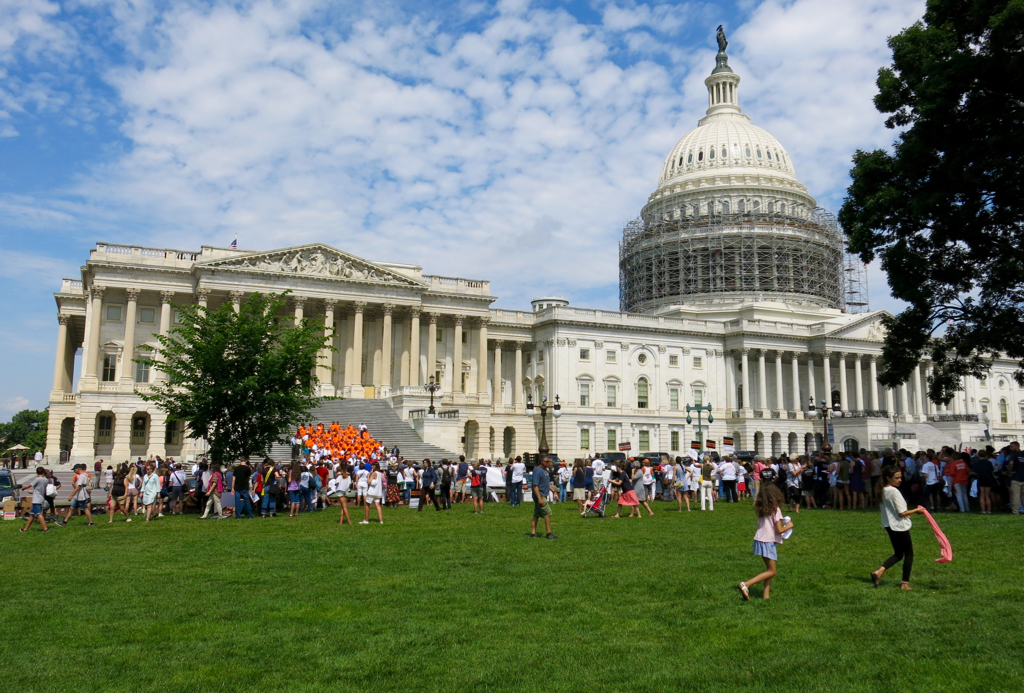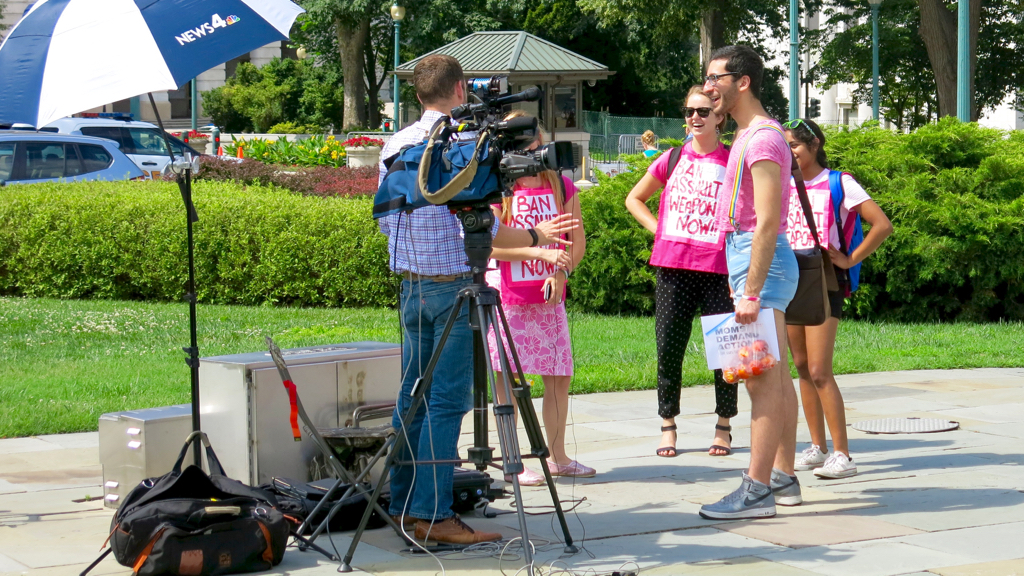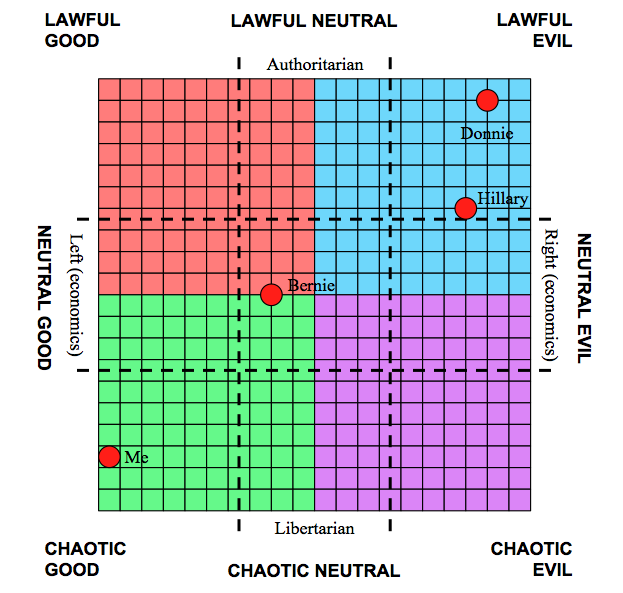A London Employment Tribunal has ruled that Uber is in the transportation business, not the software business; and that Uber is an employer, not a service that connects independent contractors to customers.
If you like reading legal documents, this decision is worth reading: the Tribunal is both witty and brutally critical of Uber. Here’s one quote from the decision, Case nos. 2202550/2015, paragraph 87 (the entire decision is online here:
“In the first place, we have been struck by the remarkable lengths to which Uber has gone in order to compel agreement with its (perhaps we should say its lawyers’) description of itself and with its analysis of the legal relationships between the two companies [i.e., between Uber B.V., and its subsidiary Uber London Ltd.], the drivers and the passengers. Any organisation (a) running an enterprise at the heart of which is the function of carrying people in motor cars from where they are to where they want to be and (b) operating in part through a company discharging the regulated responsibilities of a PHV [Private Hire Vehicle] operator, but (c) requiring drivers and passengers to agree, as a matter of contract, that it does not provide transportation services (through UBV or ULL), and (d) resorting in its documentation to fictions,36 twisted language37 and even brand new terminology,38 merits, we think, a degree of scepticism. Reflecting on the Respondents’ general case, and on the grimly loyal evidence of Ms Bertram [lawyer for Uber] in particular, we cannot help being reminded of Queen Gertrude’s most celebrated line: ‘The lady doth protest too much, methinks.’ 39
“36 Eg the passenger’s ‘invoice’ which is not an invoice and is not sent to the passenger
“37 Eg calling the driver (“an independent company in the business of providing Transportation Services”) ‘Customer’ (in the New Terms [of service]). This choice of terminology has the embarrassing consequence of forcing Uber to argue that, if it is a party to any contract for the provision by the driver of driving services, it is one under which it is a lient or customer of “Customer’.
“38 Eg ‘onboarding’ for recruitment and/or induction and ‘deactivation’ for dismissal
“39 Hamlet, Act III, sc 2″
The Tribunal doesn’t come right out and say that Uber is lying. But the Tribunal does state, for example (para. 89), that “Uber is in business as a supplier of transportation services,” not as a technology company. The Tribunal quotes with approval the following paragraph from a North California District Court judgment: “Uber does not simply sell software; it sells rides. Uber is no more a ‘technology company’ than Yellow Cab is a ‘technology company’ because it uses CB radios to dispatch taxi cabs.”
And the Tribunal later states (para. 93) that Uber “is precluded from relying upon its carefully crafted documentation because, we find, it bears no relation to reality.”
And further, the Tribunal calls Uber’s legal arguments (para. 96) illustrative the phenomenon of “‘armies of lawyers’ contriving documents in their clients’ interests which simply misrepresents the true rights and obligations on both sides.” So while the Tribunal does not say that Uber is lying, the Tribunal makes it very clear that Uber is not telling the truth.
As you’d expect, Frances O’Grady, General Secretary of the British Trades Union Congress, speaks more harshly of Uber. Calling Uber and its ilk purveyors of “sham self-employment,” O’Grady said, “For many workers the gig economy is a rigged economy, where bosses can get out of paying the minimum wage and providing basics like paid holidays and rest breaks.”
This is pretty much what the Tribunal said in its decision, except more politely.
All this reveals a dark side of Silicon Valley: a significant part of the Valley’s vaunted “innovation” actually relies on armies of unscrupulous lawyers contriving documents to avoid legal requirements designed to protect workers and consumers. So thank goodness for the scrupulous lawyers who help expose the facts when Silicon Valley does not tell the truth.
BBC News offers more on this story here.







